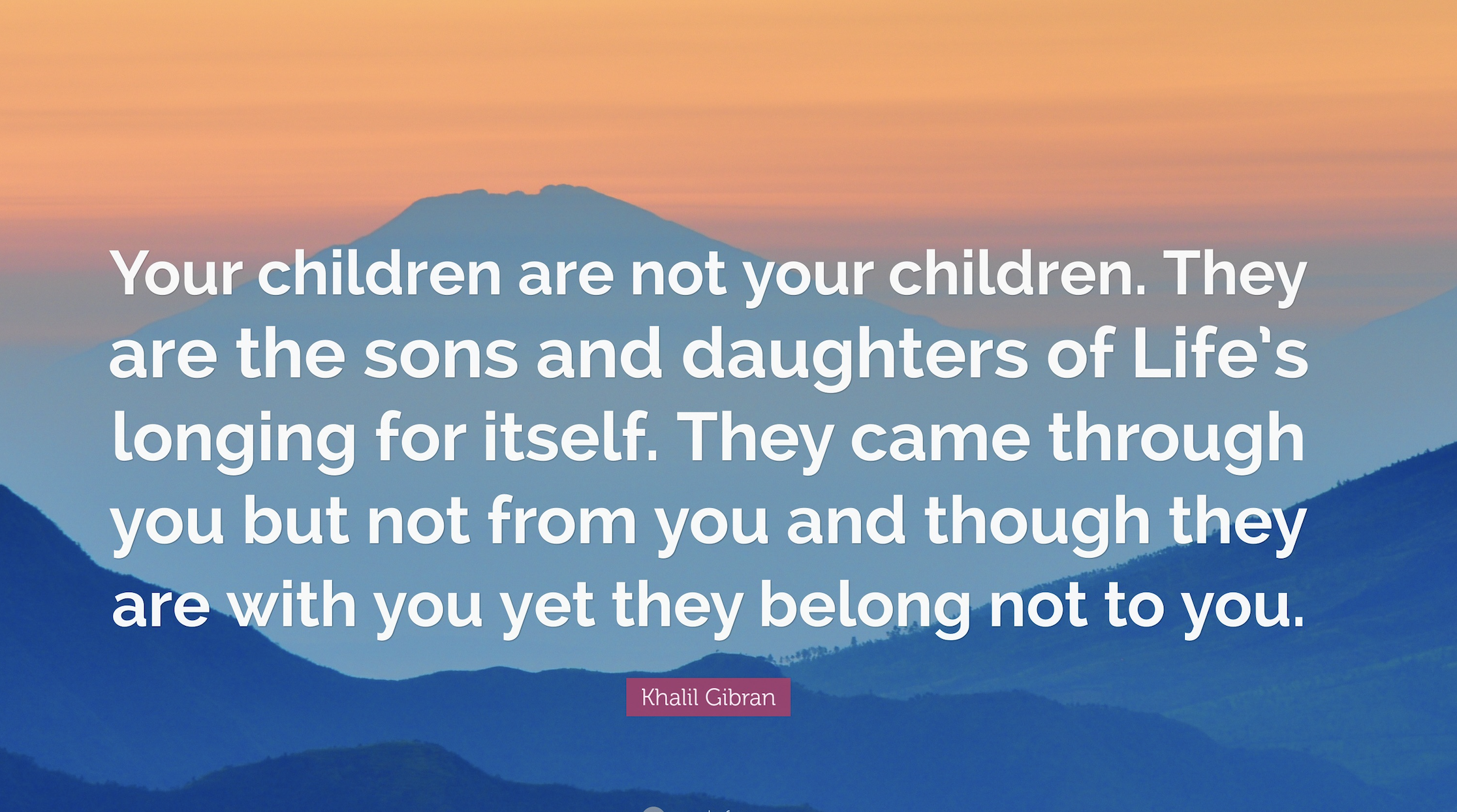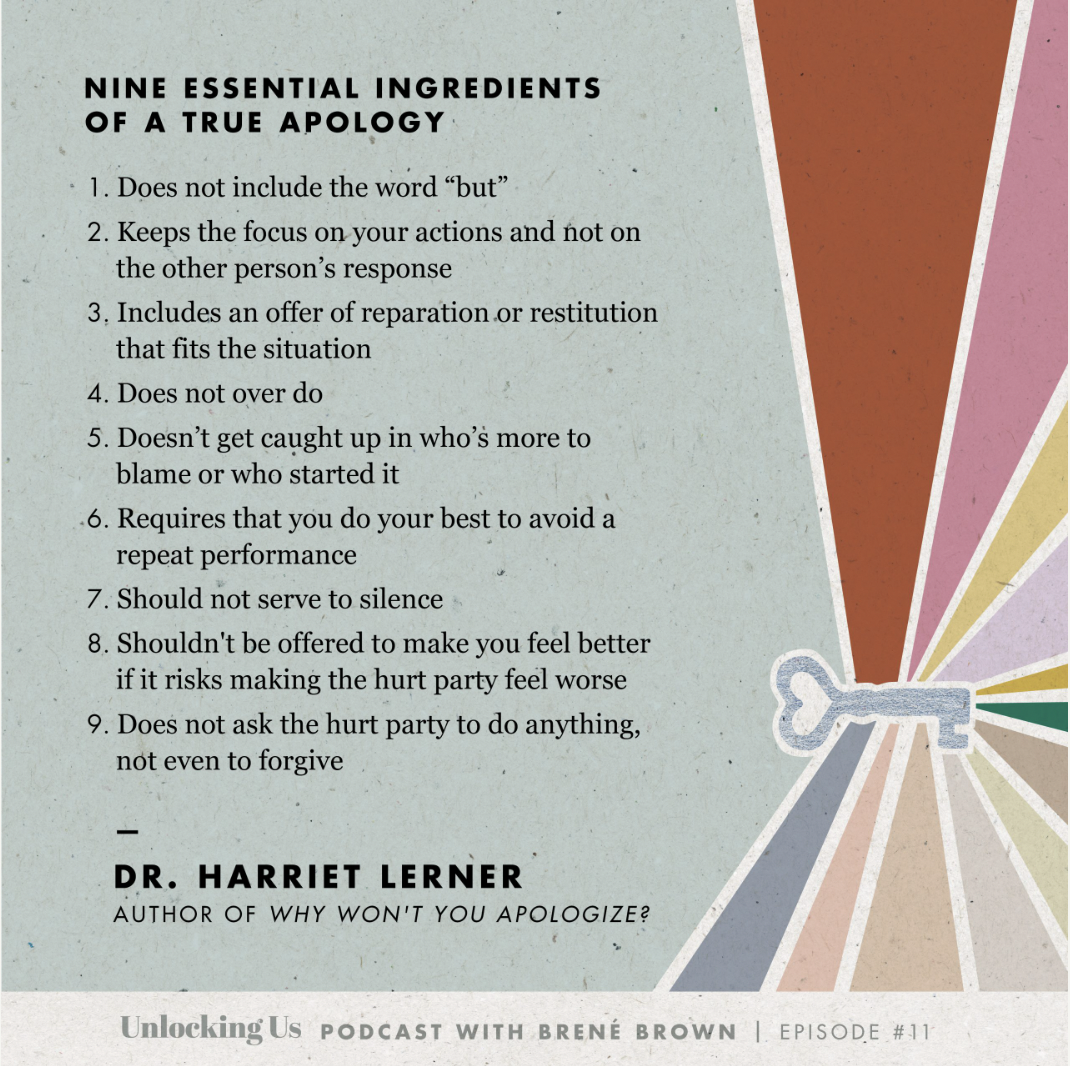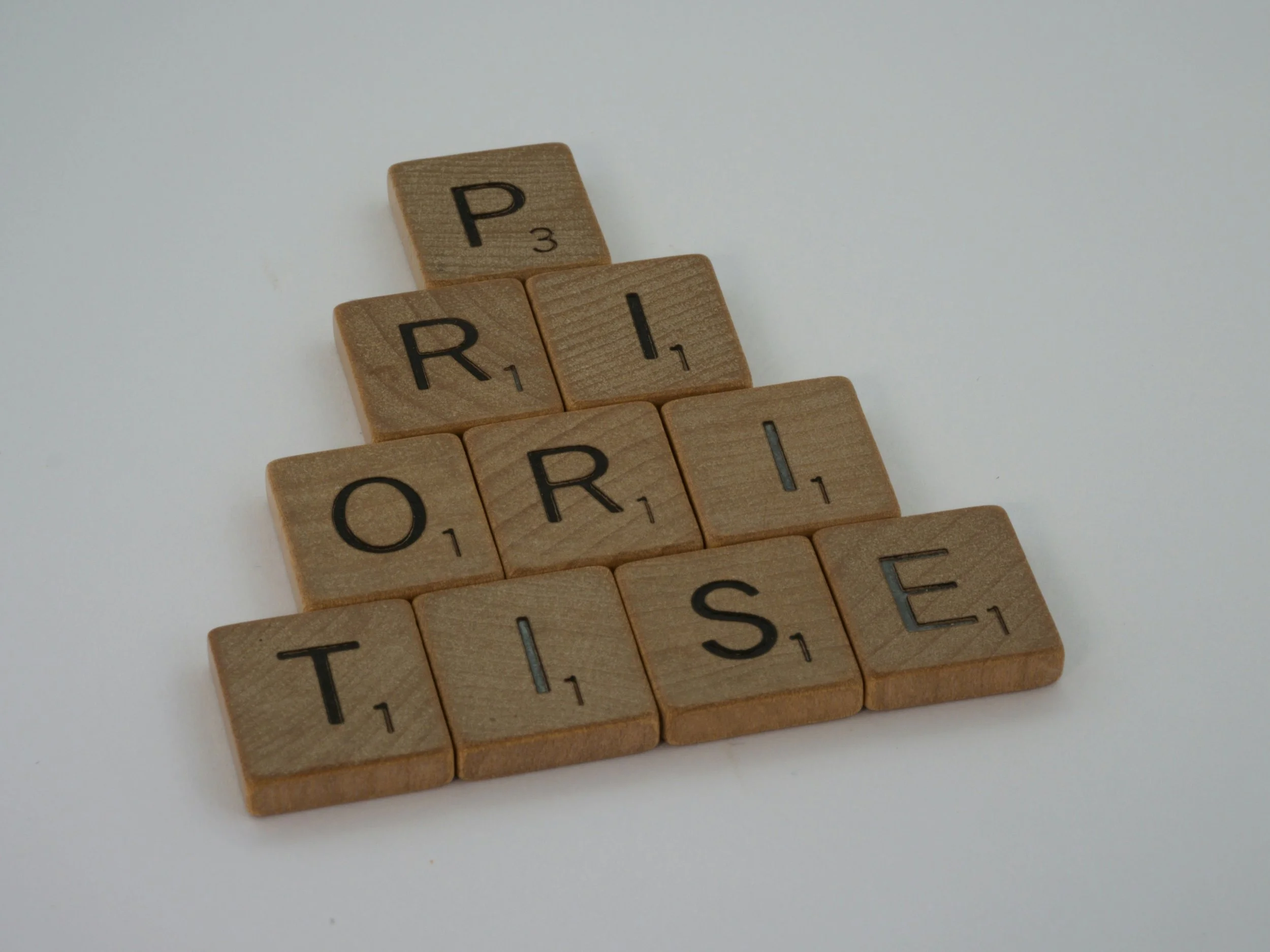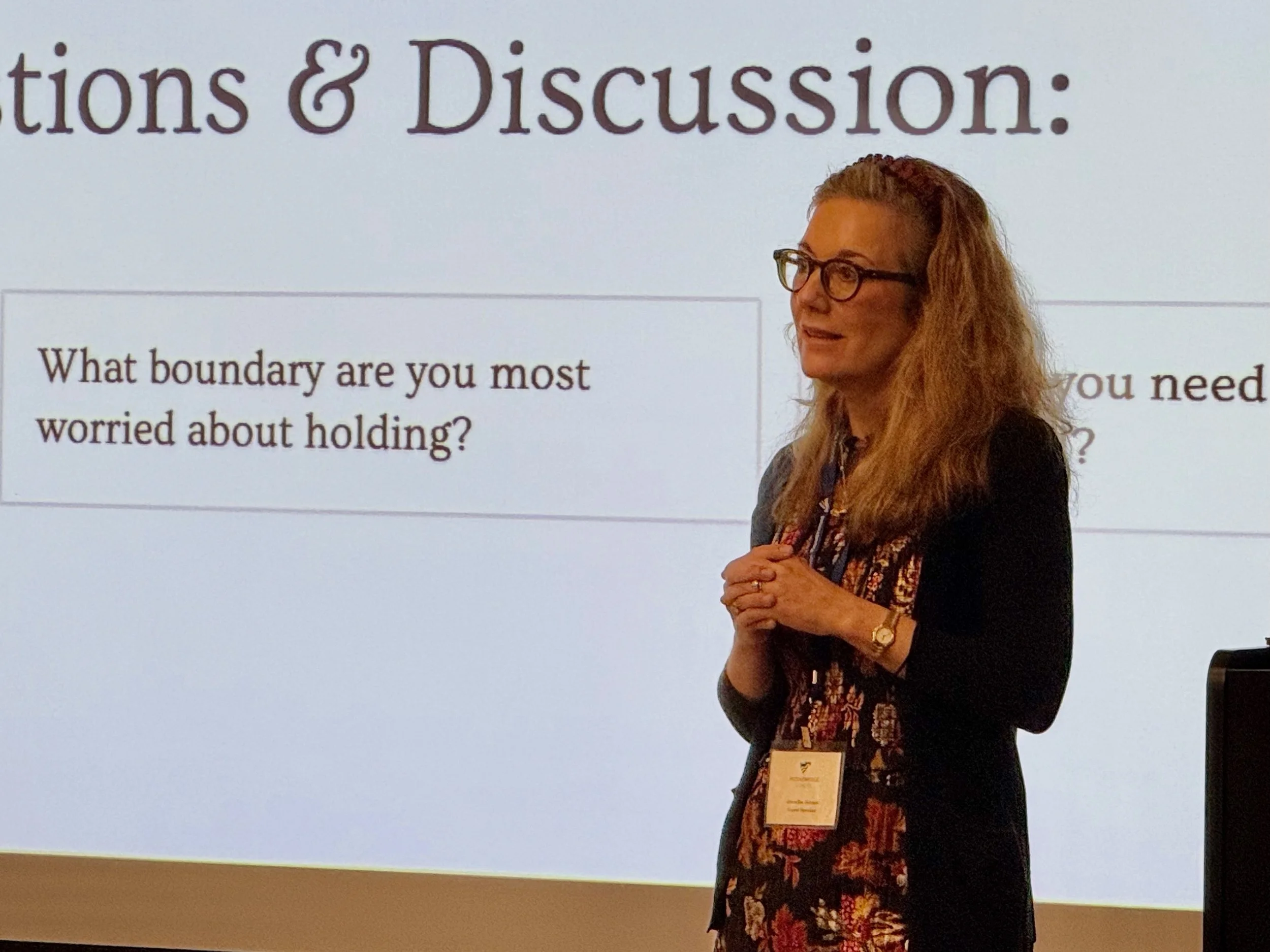
Clearing the Path
When Your Kid Struggles With Mental Health: Widen Their Circle of Helping Adults
When neurodivergent, ADHD, autistic, anxious, or depressed teens and failure‑to‑launch young adults need more than parents can give, widening the circle of caring adults becomes an act of love, not failure.
"Your Children Are Not Your Children": Why Your Neurodivergent Kid Is Not a Problem to Fix
Parents of neurodivergent kids don’t need another ‘fix your child’ lecture, they need a new story. This post weaves Gibran, Temple Grandin, and three generations of ‘different’ in my family to show how letting go of rigid expectations, embracing alternative paths, and explicitly teaching life and work skills (including through volunteering) can help autistic and ADHD teens build meaningful, AI‑resilient futures where their strengths are the point, not the problem.
ADHD, Autism, and Addiction: How Screens, Gaming, and THC Hook Neurodivergent Teens
This blog explains how modern screens, gaming, substances, and online gambling uniquely affect neurodivergent teens with ADHD and autism, why these behaviors are often survival strategies rather than “bad choices,” and practical steps parents can take when outpatient care is not enough.
Online Gambling: A New Risk for Teens, and How the Right Therapy Can Help
Learn why online gambling is rising among teens and young adults, why neurodivergent kids are especially vulnerable, and how targeted therapy and support can help.
How ADHD and Autism Support Shape a Child’s Self Worth
Three Generations of ADHD with Autistic Traits: What Our Help Taught Us
From undiagnosed ADHD to IEPs and meds at age four, see how three generations of one family reveal the hidden messages kids absorb about support, and how to change the script.
Don’t Compete: How Letting Go of Time, Attention, and Status Protects Your Child
Learn why competing for time, attention, or status in co-parenting hurts kids, and how letting go of competition creates stability after divorce.
Reflections on Gratitude as 2025 Ends!
As 2025 ends, we reflect on the practice of gratitude and all that we’ve been grateful for in this past year.
Spread Kindness this holiday season: It’s a Protective Factor for You and Your Kid
This holiday season, consider giving your children something more lasting than another toy or gadget … the gift of kindness as a practice, a skill, a way of moving through the world. Acts of kindness are contagious, impacting the giver, the receiver, and the observer, and will improve your mental and physical health, too.
The Gift of Disappointment: Building Resilience in Our Children During the Holidays and Beyond
When we rush to relieve our children's discomfort, we rob them of building distress tolerance. They don't learn that uncomfortable feelings pass, that they can survive not getting what they want.
As a parent, you can hold the discomfort with your child, stay present and manage your anxiety when they are upset. By doing this, you convey that you believe your child is strong enough to learn how to tolerate not getting what they want.
When your child can’t be home for the holidays …
For parents whose child is in residential treatment, wilderness, or a hospital, the holiday season feels very different. Instead of joy, there's often a heavy mix of grief, guilt, and quiet relief that your child is somewhere safe, even if that "somewhere" is far from home.
In the Mountains of Tennessee, I reflected on The Simple Gifts
Wishing you small gifts of simplicity this week — the kind that make the season feel more spacious, more grounded, more human. And if you need to step outside for a breath (or an entire Tennessee-style tech hiatus), consider this your invitation.
Understanding the Adolescent Mental Health Crisis - A Dive into the Data and Hope for Change
Hope for the global teen mental health crisis: Dartmouth College is hosting a groundbreaking three-day symposium that underscores how seriously the global community is taking youth mental health. "A Global Turning Point: Why Youth Well-Being Is in Crisis—and What We Must Do About It" will bring together dozens of leading international scholars, physicians, advocates, experts, and policymakers from around the world, including six former U.S. Surgeons General.
Parenting strategies for when your child struggles with depression or anxiety.
If you've noticed your teen struggling more, withdrawing from friends, constantly on their phone, irritable, anxious, and you think they might suffer from depression or anxiety, you're not alone. Read here.
Digital Dangers: Protecting Teens in an Age of AI and Online Exploitation
Protecting Teens in an Age of AI and Online Exploitation
The digital landscape our kids are navigating has become more dangerous than most of us realize, particularly now with AI and Fake Nudes.
Parenting Teens: The “Plays” You Need
Effective strategies to parent your “hard to parent” teen. Sharing hard-earned lessons.























